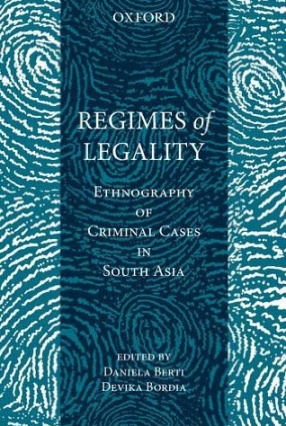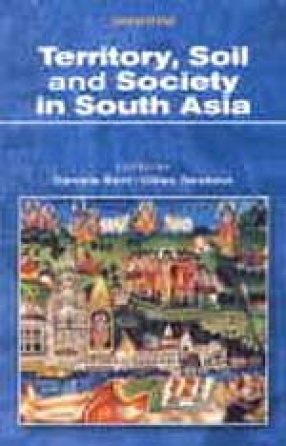
Showing all 3 books

The Indian Constitution posits a separation between a secular domain that the state regulates and a religious domain in which it should not interfere. However, defining the separation between the two has proved contentious-the state is directly involved in the administration of several religious institutions and the courts are regularly asked to decide on rights linked to religious functions and bodies. Such decisions contribute to (re)defining the religious ...

An anthropological study on judicial practices in South Asia, this volume takes criminal cases as frameworks to examine power dynamics within a legal setting. Case studies in this book analyse a set of state and non-state institutions and the practices of people associated with them. The essays delve into the underlying tension in institutional contexts between legal practitioners such as police officers, lawyers, and judges who orient their claims towards ...

This volume tackles a widespread stereotype in academic studies, according to which pre-colonial India consisted of territorial units with ill-defined, fuzzy boundaries, and where territory had, and still has, little value as a cognitive category. In aiming to reconsider this perspective, the book follows two converging lines of enquiry. One explores the conceptions that stress the mutual determination of places and people, and the entrenchment of their identity ...
